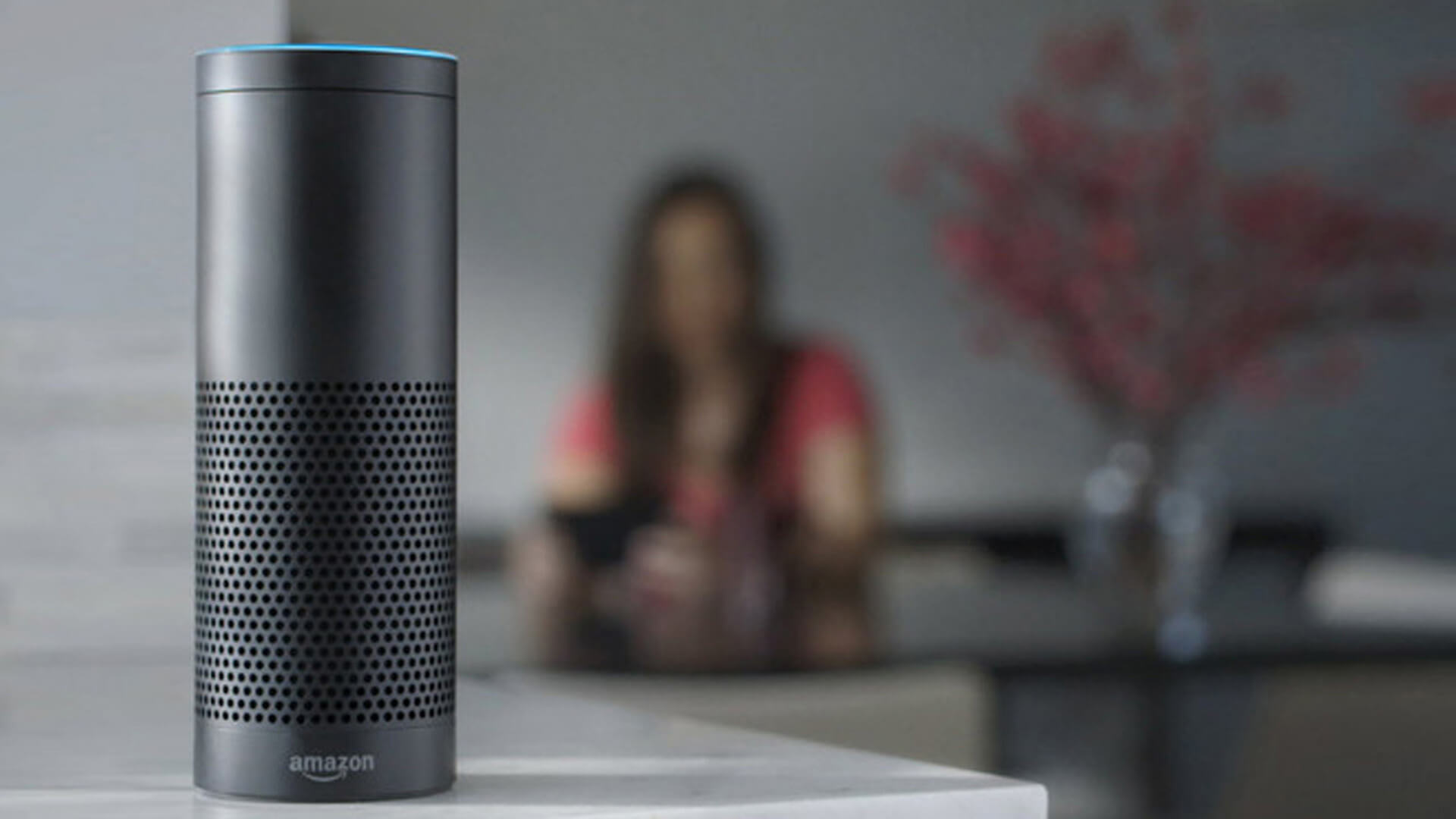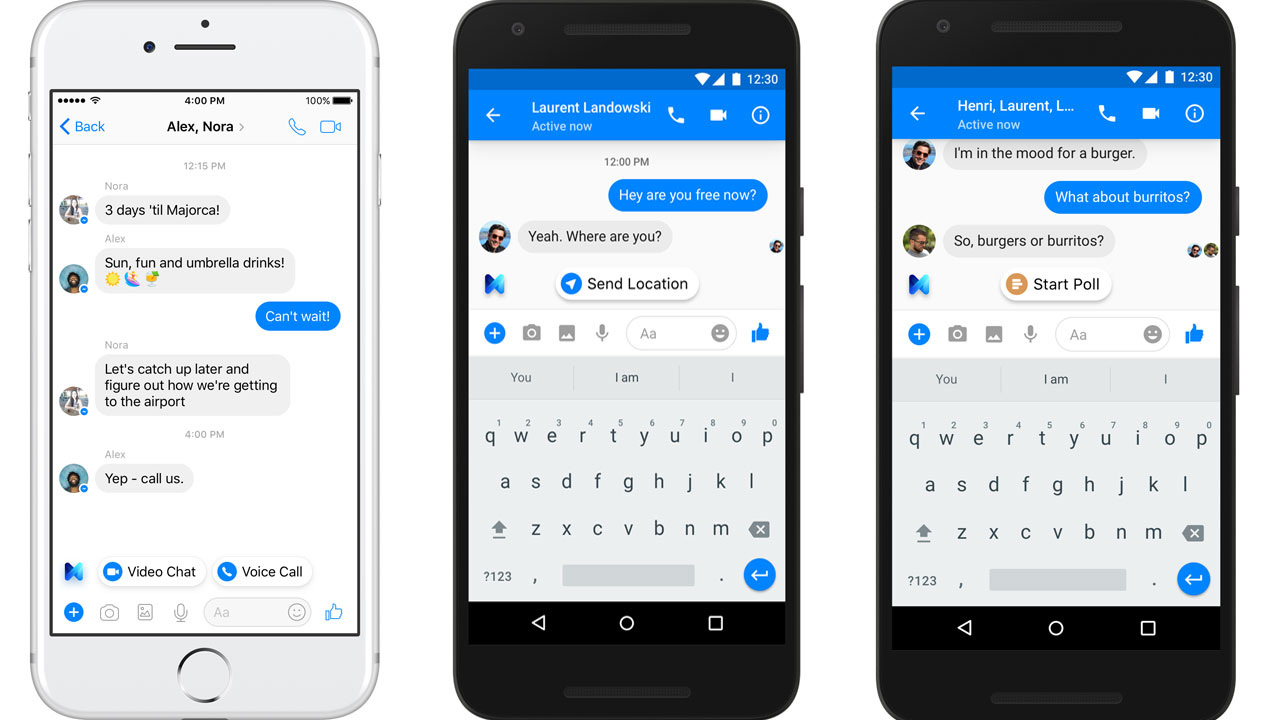Big Brother isn’t watching you: why aren’t our digital assistants spying on us?
Microphones everywhere, but apparently they aren't listening

It was a bright cold day in April, and the clocks were striking thirteen. “Alexa, stop” said Winston Smith and the clock fell silent.
From George Orwell's 1984, to the panopticon, the idea of being watched by an unseen 'other' is an idea that has come up time and time again.
While the comparisons with 1984 may seem a little unfair to anyone who has ever actually spent any time with a smart speaker, there is an obvious parallel; we are filling our homes with devices that have the potential to monitor us.
Potential versus reality
‘Potential’ is an important distinction to make, because they don’t currently monitor us. At least that’s the official line from the likes of Amazon and Google, the two biggest manufacturers of smart speakers currently filling people’s homes.
And they aren’t the only ones. Facebook has a digital assistant (M) that sits in our messages, ‘listening’ to everything that we type, ready to suggest a feature of the app that we might like to make use of.

While we’re assured that our digital assistants are only listening to everything so that they are able to respond to a ‘wake’ word or phrase that calls them to action, there is something uncomfortable about the idea that everything you’re saying is being listened to, even if it is by a bot, not a person.
What makes it particularly uncomfortable is that the companies that we are allowing this intimate exposure to are all companies that essentially make money off us. With Amazon, it makes money from selling us stuff, with Google and Facebook, they make money from selling our data.
Sign up for breaking news, reviews, opinion, top tech deals, and more.
It seems obvious that they would be using the content of our conversations in order to generate revenue. When we asked David Marcus, head of Messenger at Facebook about this, he was as definitive as it’s possible to be:
“Let me be clear. We are not ever using [the] contents of conversations for ad purposes, to target ads to you, or do that kind of thing...Any of the companies that do [monitor users] are not actively recording every bit of conversation that is happening. The mic is on to be woken up when you say the trigger word. If you know the tech, and if you know what’s happening, there’s nothing spooky happening.”
Listening is the first stage of understanding
He’s not wrong; the code for digital assistants works like a search query on a website. Nothing that you type into the search field gets sent to the website until you press send. In the same way, nothing gets sent to the database of your digital assistant until the ‘wake’ word, letting it know you are inputting a query.
Of course, there are times that smart speakers hear something that they think is a wake word, that isn't, causing the very unsettling sudden unprompted interruption from Alexa at your dinner party.
We have to stop saying Brexit, because Stan thinks we are saying biscuits. pic.twitter.com/CsTY2GGWWrJune 27, 2016
The funny thing is, even with companies being insistent that they aren’t listening, we still seem not to believe them. Maybe part of it is because the idea of Big Brother is so ingrained in us, the fear of being watched so primal, that it will never leave. But maybe part of it is that in other areas we are being watched.
‘If you’re not paying for the product, you are the product’ goes the adage, and while there are obvious flaws with the saying, there is some truth in it. Google is free because it leverages the value of your data. All the things you type into Google can be sold on to advertisers to sell you stuff. What may be personal to you becomes professional to someone else.
Searching Google using Google Home is presumably very similar, and so it’s therefore a very small leap from that to the smart speaker using the things that you say at other times too.
Is anybody listening?
The question we’re asking (in an admittedly roundabout way) is why aren’t these companies listening in? It’s certainly not that the concept hasn’t come up. As far back as 2012 there were patents coming to light from companies (including Google) that would monitor people in their homes.
One in particular stands out; American TV provider Verizon filed for a patent that would be able to listen to your conversations, identify your pets, even look at the art on your walls to better target ads to you.
What Orwell failed to predict is that we'd buy the cameras ourselves, and that our biggest fear would be that nobody was watching.June 20, 2013
Now artificial intelligence has got to the point that vast amounts of data can be processed swiftly and at low cost, it’s becoming less and less likely that the reason would be the workload.
Which leaves the possibility that the reason it isn’t happening is that digital assistants are still in their infancy and the companies that are creating them need people to be comfortable with them being in our living rooms and bedrooms, that we’re happy to carry them around with us all day.
Whether that means one day, after they have become ubiquitous, that they’ll start monitoring us is yet to be seen, but it’s a possibility that obviously strikes a chord in the collective consciousness, and one that we’ll be keeping a close eye on.
- Want to fear your digital assistant a little more? Check out: What happens when our assistants are smarter than us?

Andrew London is a writer at Velocity Partners. Prior to Velocity Partners, he was a staff writer at Future plc.